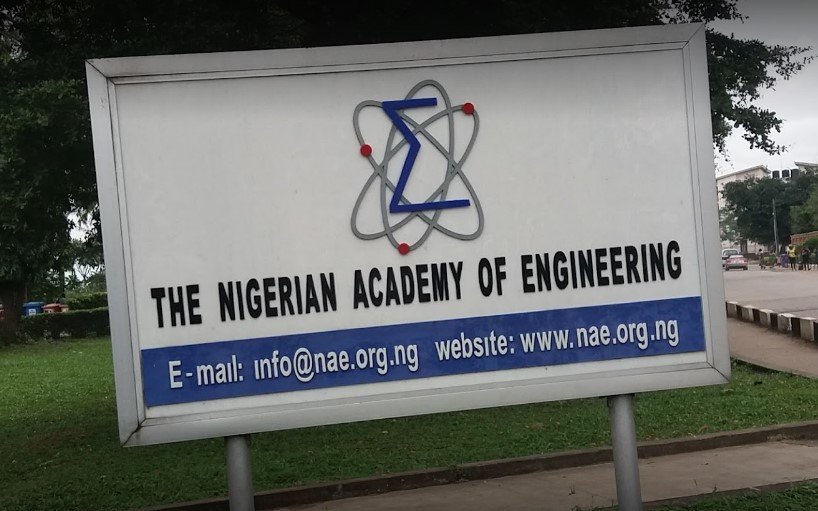
Engineers, under the aegis of the Nigerian Academy of Engineering, have advised the Federal Government and other tertiary institution administrators to improve funding and infrastructure facilities in schools.
The group made the call at the recent investiture of its new President, Prof. Azikiwe Onwualu, at a ceremony which was held at the University of Lagos, Yaba.
The investiture also featured the induction of 10 new fellows into the academy as well as the presentation of lifetime awards to some of its deserving fellows.
Speaking on the theme, “Engineering Education in Nigeria: Today, Yesterday and Tomorrow,” a former President of the Academy, Prof Rafiu Salawu, noted that the practical approach to engineering education that was obtainable during the early days had been eroded by the present teaching modules.
Salawu said, “As of 2019, Nigeria had 168 universities. Government approved 10 about two months ago and we learnt that the national assembly says it has 100 still awaiting approval. We are establishing universities without funding them. Government and establishers must fund universities very properly and provide equipment for learning, and pay teachers.
“Nigerians are sending their children abroad, enriching other countries at our own expense. No one comes here because we don’t have facilities and Nigerian universities have been on strike for many months.”
Addressing the forum, the new President of the Academy, Prof. Onwualu, said the academy was ready to collaborate with the government and other stakeholders to generate advice on knowledge and get policymakers in government and industry to implement them.
He pledged to carry on the laudable plan already set out by the academy, provide critical knowledge inputs to public policy and chart a new path for implementation.
“We must develop new ways of advocacy that can make the relevant authorities seek and use the knowledge generated by the academy. We need to work more with other academies globally and nationally. All members of the engineering family must close ranks and complement each other,” he further said.
“We need to interface more with the executive arm of government both at federal and state levels to be more proactive. Rather than reactive interface with relevant committees of the national and state assemblies to provide inputs into policies and development plans, work more on promoting academia-industry collaboration to drive innovation in all sectors of the economy using technology innovation hubs to promote the industrialisation of Nigeria and revitalisation of critical infrastructure.”
He urged fellows of the academy to work with government and industry to save the education sector from complete collapse, revive skills, technical, vocational and entrepreneurship education to prepare future graduates of colleges and universities for the future of work and work of the future, which he said was very dynamic.









